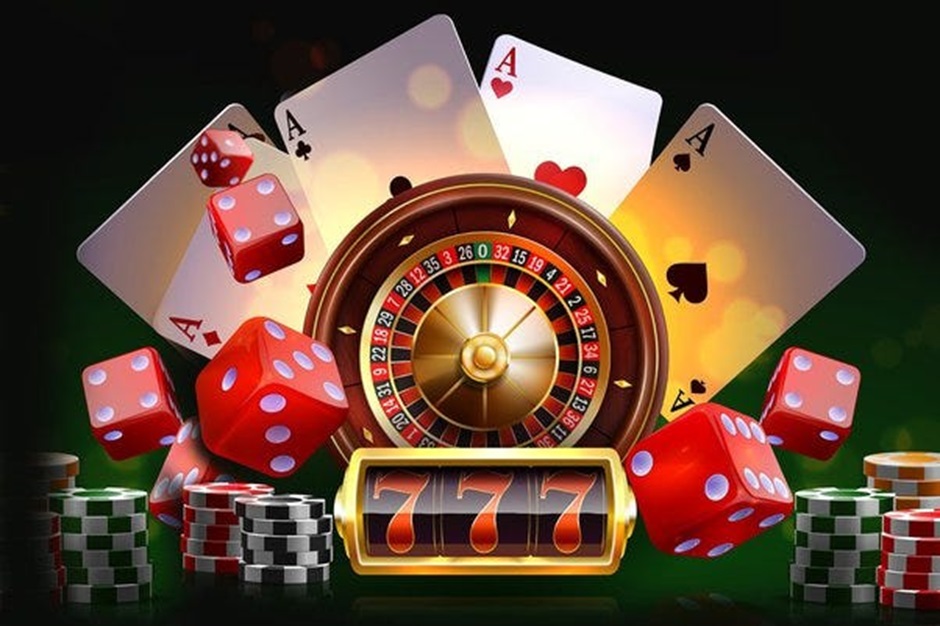
Live dealer games bring the authentic casino experience to online players with human dealers, real cards, and genuine roulette wheels. When a dealer change occurs during a gaming session, experienced players often notice subtle shifts in table dynamics that affect gameplay. Even though the luxury777 rtp remains fixed, players usually feel that changing dealers alters the game’s momentum and influences their choices.
When a new dealer arrives at the table, a psychological reset occurs for many players. This transition creates a natural break in the action, allowing players to mentally step back and reassess their strategy. For those experiencing a losing streak, a dealer change often triggers renewed optimism, a fresh start with potentially better luck. This reset breaks negative momentum and helps players make more rational decisions than chasing losses.
Dealing style variations that matter
Dealer techniques aren’t identical, and these variations can have practical effects on game outcomes and player experience:
- Dealing with speed differences
- Faster dealers increase hands per hour, accelerating variance
- Slower dealers reduce hourly exposure to the house edge
- Speed impacts the decision-making time available to players
- Game pace affects mental fatigue and concentration levels
- Shuffling technique variations
- Hand-shuffling dealers may have slight inconsistencies in randomization
- Automatic shufflers provide more consistent randomization
- Card handling differences can marginally affect card distribution
- Deck penetration in blackjack varies with dealer preferences
These mechanical differences, while subtle, combine with psychological factors to create distinct playing experiences before and after dealer changes. Regular online players often develop preferences for specific dealers based on these characteristics, sometimes waiting for preferred dealers to begin their shifts.
Adapting your strategy around shift changes
Smart players view dealer transitions as strategic opportunities rather than mere interruptions. The brief pause during a dealer change provides an excellent moment to evaluate your current session, review your bankroll status, and adjust your approach based on results.
- For table games where strategy matters, dealer changes create natural breakpoints to reset your thinking. In blackjack, for instance, many players use dealer changes to track a fresh count or implement a different betting system.
- In baccarat, players might switch between banker and player bets based on recent trends, using the dealer change as the trigger point.
The momentary disruption during shift changes also affects table rhythm and player attention. Some players momentarily lose focus during transitions, creating opportunities for more attentive players to gain slight advantages in games where table position and timing matter.
When to consider leaving or staying?
Dealer changes present natural decision points about continuing play. For players experiencing sustained losses, a dealer change offers a logical exit opportunity without feeling like you’re abandoning a game that might turn around. The superstitious feeling that “the table has gone cold” is counterbalanced by the hope that “the new dealer will bring better cards.” Players enjoying winning sessions face a different calculation: whether the new dealer might disrupt their positive momentum. While mathematically baseless, many successful players choose to bank their profits when dealers change rather than risk their winnings with an unfamiliar dealer.
The most practical approach views dealer changes as opportunities to reassess your mental state, bankroll situation, and gaming goals. The brief pause during transition provides clarity, which is often missing during continuous play, allowing for more deliberate decisions about continuing, adjusting stakes, or concluding your session.

